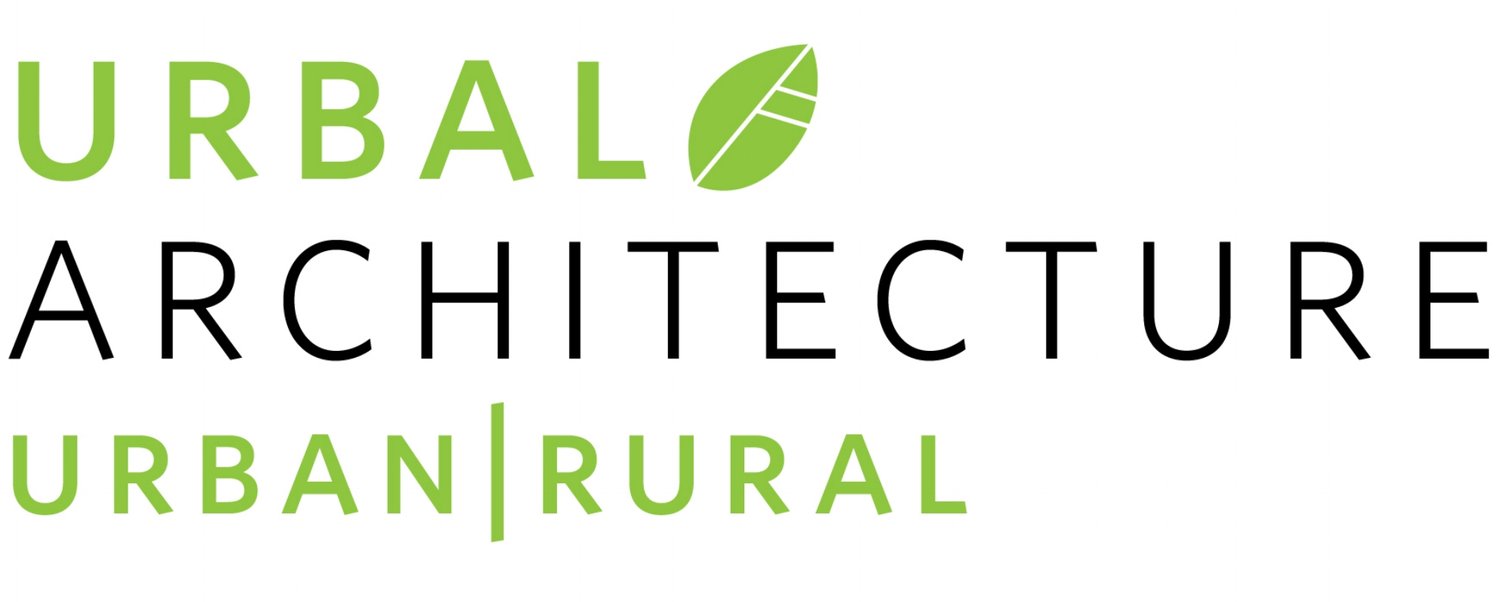Urbal Volunteering at Encampments in Myers Way and North Lake
/Written by Josh Janet, Project Manager | PE:
The city of Seattle has struggled to address its homelessness crisis, though this is a challenge facing many growing cities throughout the United States. One of the approaches that they have taken is to authorize temporary encampments throughout the city on public land. Assisting with the management of some of these sites is the Low Income Housing Institute (LIHI). These encampments have restrictions placed on them regarding the size, number of residents, and protocols for security and safety. The people that are living there have fallen on hard times but otherwise just need stable housing to catch their collective breaths and find work or other support to move onto more traditional housing.
Last December, Vicky Biyo and myself volunteered with LIHI to help build Shelterlogic tents on the encampment Camp Second Chance along Myers Way South. The site is located on a gravel lot on surplus property owned by the city that has been dedicated as open space. Volunteers were split into three groups- one that built the tent structures (and later attached the canvas covers); one that built platforms to keep the tents off the ground; and one for installing thermal insulation to the canvas liners (prior to installation). These tents are not the typical preference for providing shelter, but they cost approximately $300 each for materials only and can suffice for relatively short periods of time.
As part of the City’s ordinance, the encampments must relocate every three years. The logic is that they do not want any single neighborhood feeling “burdened” but having an encampment while other neighborhoods do not have one. As a result, Ballard’s encampment moved to North Lake in January. The process takes time, however, and LIHI has been seeking out volunteers for support in setting up the new encampment.
This past Saturday, Brad Ecklund and myself volunteered with LIHI once again. Brad helped build porches and stairs for the “Tiny Houses”, which will be delivered to the site, while I painted the finishes porches in the afternoon. Tiny Houses are 12’ x 8’ framed and waterproofed shelters that are designed to be able to be large enough for living but small enough that they may be transported on flatbed trucks to different sites as needed. These have windows, thermal insulation, flooring, and electricity supply. Bathrooms and communal cooking areas are provided on site.
LIHI is always looking for volunteers for work at their various sites, as well as donations for supplies to help sustain each community. If you are interested in volunteering with LIHI in the future, please check out their web site or e-mail Brad Gerber (bradgerber@lihi.org).
Group photo North Lake
Tent structure with canvas cover
Tiny house




